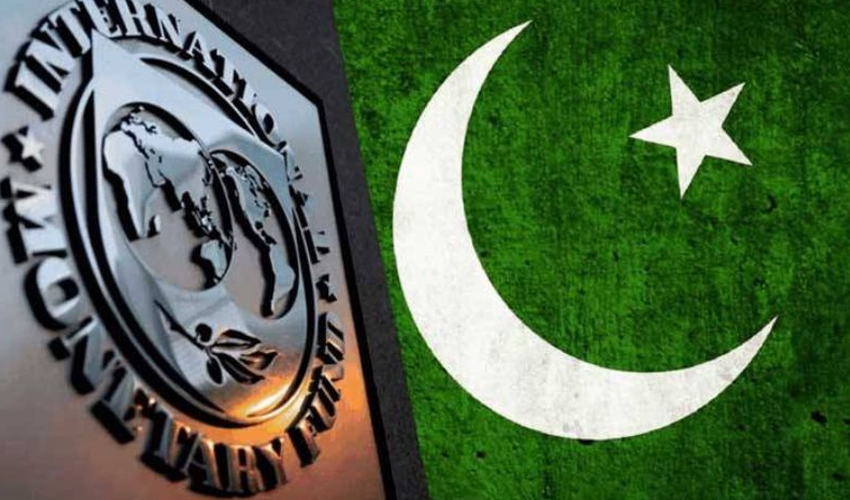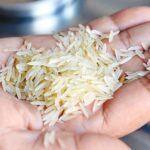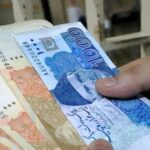As part of talks for a fresh bailout package, the International Monetary Fund (IMF) has stepped up its expectations for Pakistan to ‘do more’ and improve openness inside government institutions.
Even with Pakistan meeting all of the tough requirements in the updated budget, the IMF continues to push Pakistan to ‘do more’. According to sources, among the strict requirements set by the IMF are the elimination of exemptions for the cattle industry and the promotion of a 45% tax on agricultural income.
Pakistan has been working to privatization valuable state-owned firms, but IMF objections to government-level transactions have made it difficult to sell shares to Gulf countries. Sources claim that the IMF has expressed concerns regarding share sale exemptions under the Privatization Commission Ordinance, PPRA rules, and SOEs law.
The Sovereign Wealth Fund recently received ownership and assets of seven valuable businesses from the government. OGDCL, PPL, Mauri Petroleum, National Bank, Pakistan Development Fund, Government Holdings, and Neelum Jhelum Hydropower Company are among the organizations involved.
Officials from the Finance Ministry stressed that the intention behind the possible share sale is to raise money for fresh investment initiatives.
Pakistan’s government is facing significant financial constraints and reform pressures as it navigates economic stabilization measures against global concerns. These challenges are highlighted by the rigorous expectations of the IMF and current negotiations.







